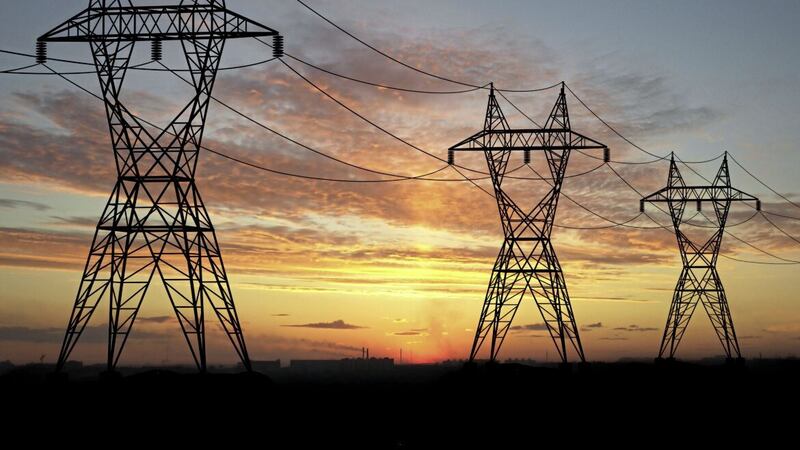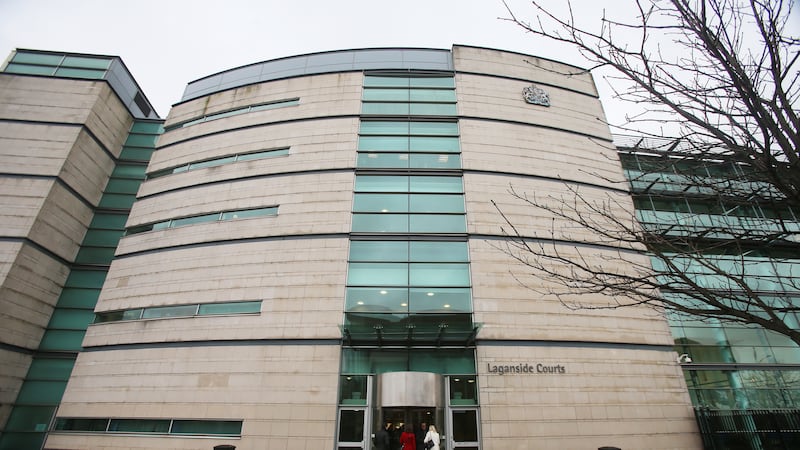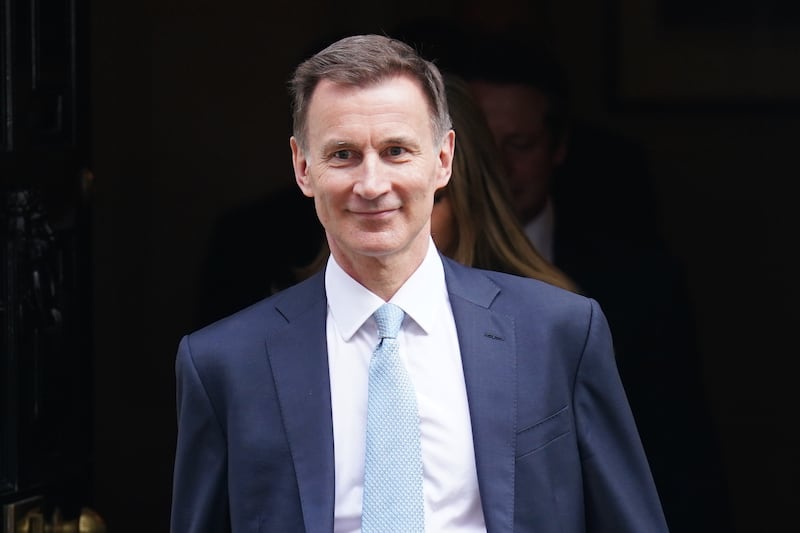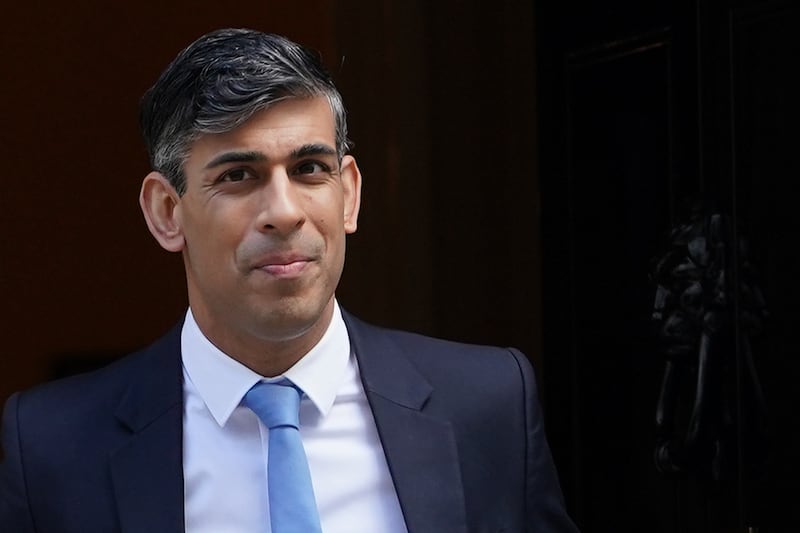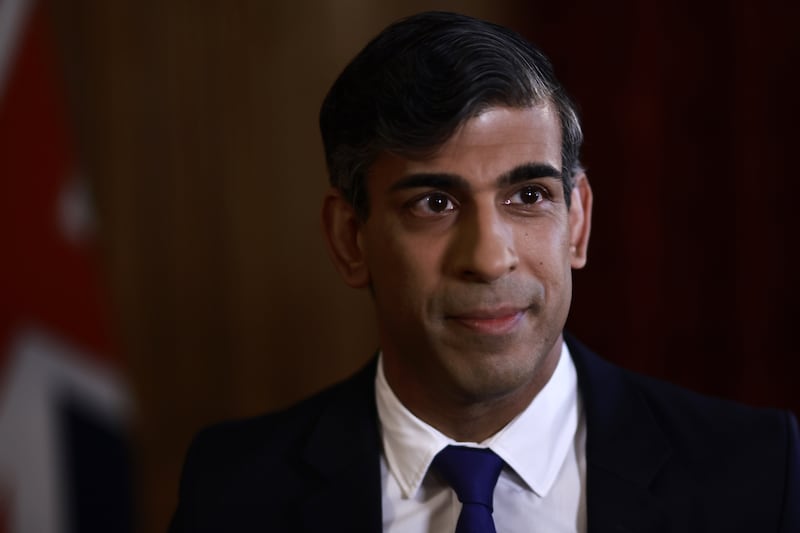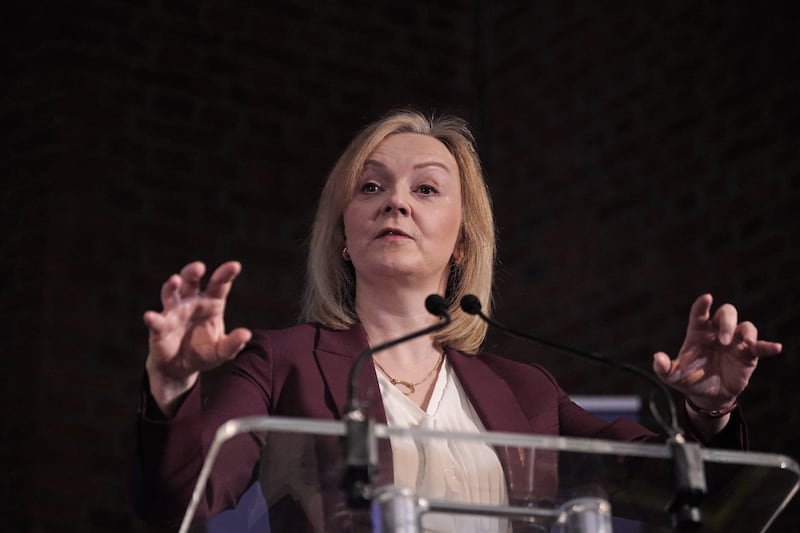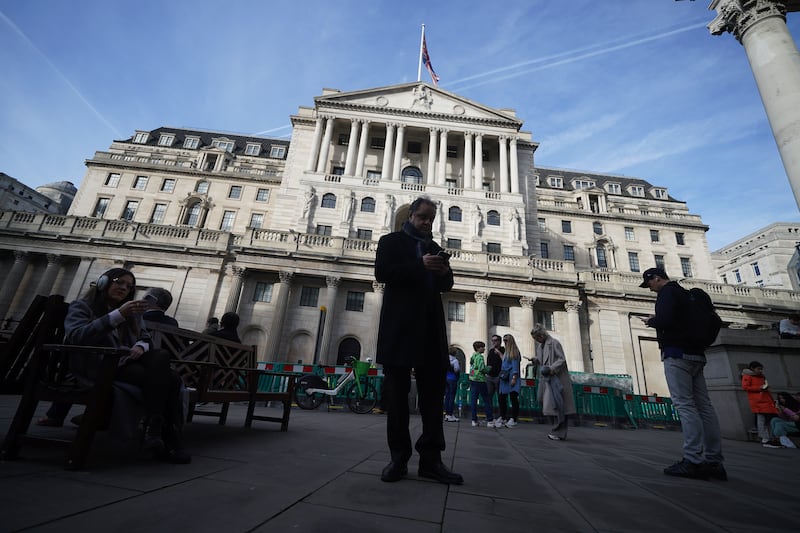ENERGY is not a luxury. It is both the lifeblood of our economy and essential for households to guard against extreme cold, which despite what some people claim, can kill.
We’ve been fortunate in recent years that our winters have been mild but if temperatures were to plummet to the prolonged level experienced in 2011-12, when a new regional record of −18.7 °C was set, we’d likely face a disastrous situation.
That’s why it’s essential that everything possible is done to alleviate hardship in the months ahead.
The apparent impacts on the cost of living created by the protocol that preoccupy Sir Jeffrey Donaldson pale into insignificance when compared to this week's record-breaking 56 per cent price hike by Firmus Energy.
Liz Truss yesterday announced an initiative that aims to keep a lid on energy costs for the foreseeable future, capping the average bill at around £2,500.
The merits of the plan are questionable and it’s best summed up as ‘robbing Peter to pay Paul’, with energy companies getting government loans that’ll be paid back over the coming years. Imposing a windfall tax on the energy giants is one alternative but that doesn’t fit with Tory ideology.
While Northern Ireland isn’t excluded from Truss's plan, it’s unclear how the help will be delivered.
In the House of Commons yesterday responding to DUP MP Sammy Wilson, the prime minister said: "I can assure him that this policy will apply in Northern Ireland and those benefits will be open to the people of Northern Ireland as part of the United Kingdom."
We got similar assurances last month from the then chancellor Nadhim Zahawi about the £400 discount scheme but whereas customers in England, Scotland and Wales will receive their first instalment from this scheme in little over three weeks’ time, we’ve yet to hear when and how it’ll be delivered in the north.
The better well off can manage with an assurance that the money is coming eventually but those who live hand to mouth can’t.
So although we’ve previously been assured that the north is as British as Finchley, there are distinct differences in the structure of the north’s energy market and the manner in which it is regulated.
On a positive note, this has ensured gas and electricity prices on this side of the Irish Sea are significantly lower than they are in Britain, however, average incomes in the north are lower and we have a much greater reliance on oil, which is not regulated. We’re also part of an all-Ireland energy market, which has delivered efficiencies and a degree of security of supply for the past 15 years but equally makes crude interventions difficult.
Perhaps most importantly, you’ll also not need reminding that we have no executive, due to the DUP’s continued boycott, which adds another layer to an already complex picture and slows down any response.
How we can get around these obstacles depends on who you talk to, as there’s a lot of politicking going on.
On one hand it’s argued that we need devolution in place to get the funds distributed, while the DUP, keen to deflect any blame for the shambles, insist it can be delivered by central government whether there’s an executive or not.
The latter argument doesn’t hold much water given our experience with the £400 scheme.
It may end up that Stormont is allocated its share of the latest scheme via the Barnett formula, which would deliver up to £5bn – but with nobody home to spend it.
What will become increasingly apparent by the day is that time is of the essence and that industry and government, both central and the relevant caretaker ministers at Stormont, need to come together and thrash out a solution very quickly.
The heat is on, figuratively speaking, but as yet there’s no sign of the north coming in from the cold.
